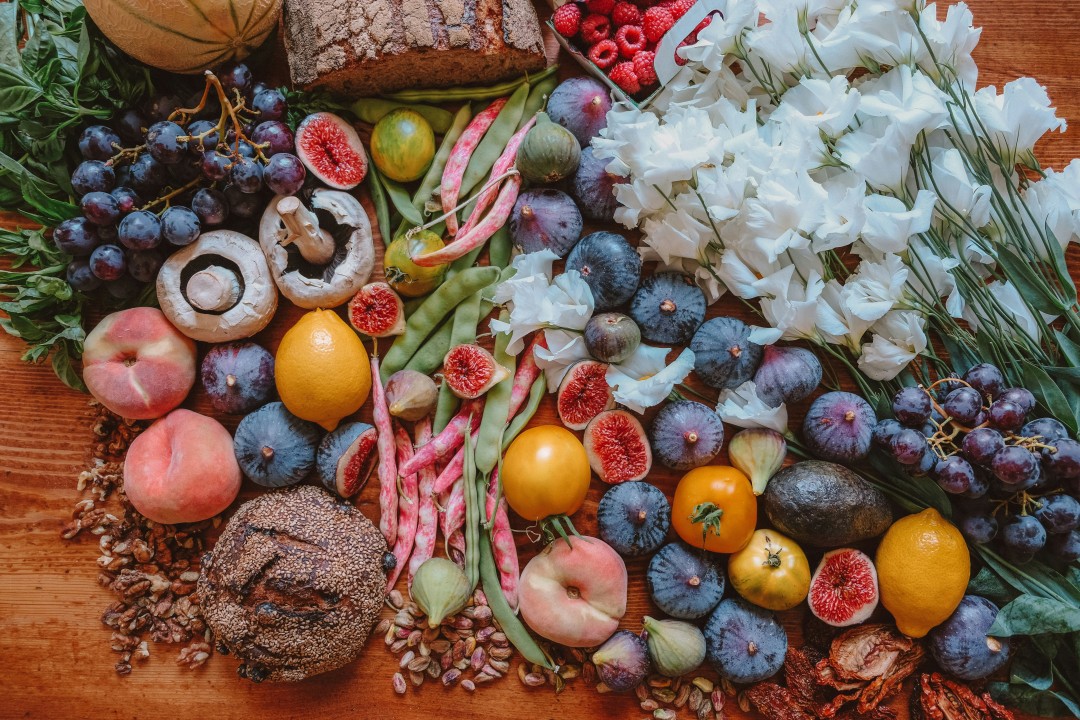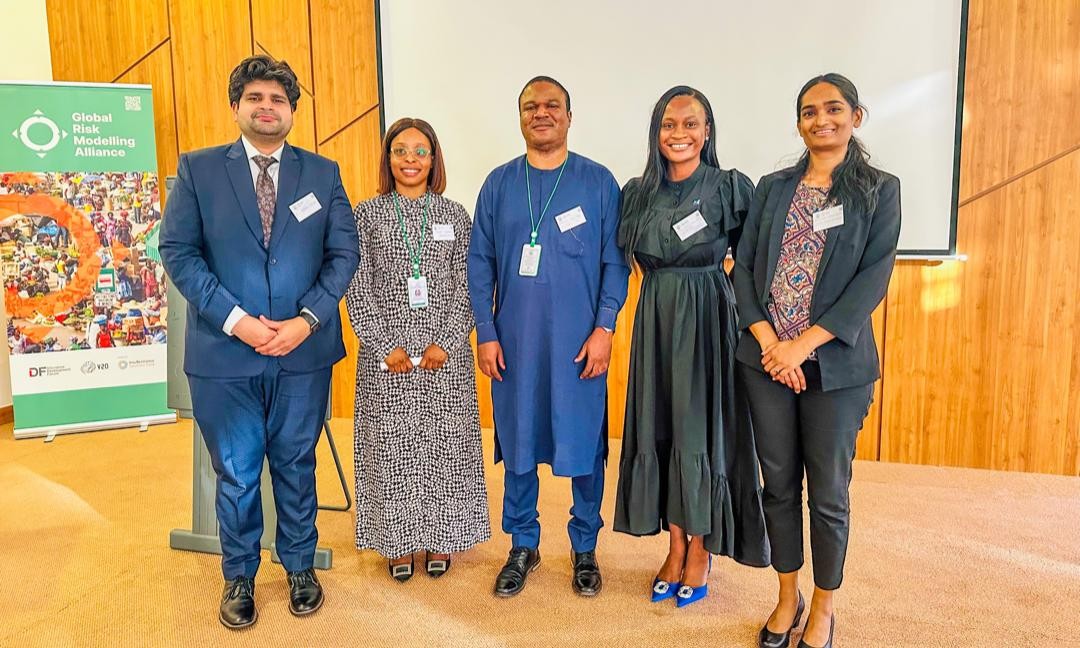The Bokashi fermentation process involves the use of a specialized mix of microorganisms, typically including lactic acid bacteria, yeast, and phototrophic bacteria. These microorganisms work in an anaerobic environment, breaking down organic matter through fermentation. The key component in this process is the Bokashi bran, a carrier material inoculated with these beneficial microorganisms.
NCCC Validation on Nigeria’s Long-term Low-carbon Emission Development Strategy Report
Following intense efforts towards leading Nigeria’s climate change response, the National Council on Climate Change (NCCC) in partnership with 2050 Pathways Platform organised a national workshop to validate […]
The Second German-Nigeria Symposium on Green Hydrogen Hosted by the German-Nigeria Office
The global energy transition is an instrumental enabler in achieving climate action on climate change towards the Paris Agreement. Nigeria and Germany who have been diplomatic partners for […]
Revamp Rave Network Joins Collaborative Workshop to Advancing Climate and Disaster Risk Assessment in Nigeria
Africa contributes the least – less than 3% — to global warming, yet the continent is the most vulnerable to climate risks. To build resilience against climate change, the countries have outlined tangible ambitions for green growth, including plans to increase climate investment.
RRN Joins Multi-Stakeholder Dialogue: A Green and Inclusive Future for Women in Nigeria
In a concerted effort to foster a sustainable and inclusive future for Nigeria’s youth and women within the context of Low-Carbon Transitions (LCT), INCLUDE, in collaboration with the […]
Heard of Nature’s Recycling Miracle? Let’s dive into the Role of Vermicomposting!
As our society becomes increasingly aware of the need to reduce waste and conserve resources, vermicomposting offers a sustainable, hands-on approach that anyone can embrace.



